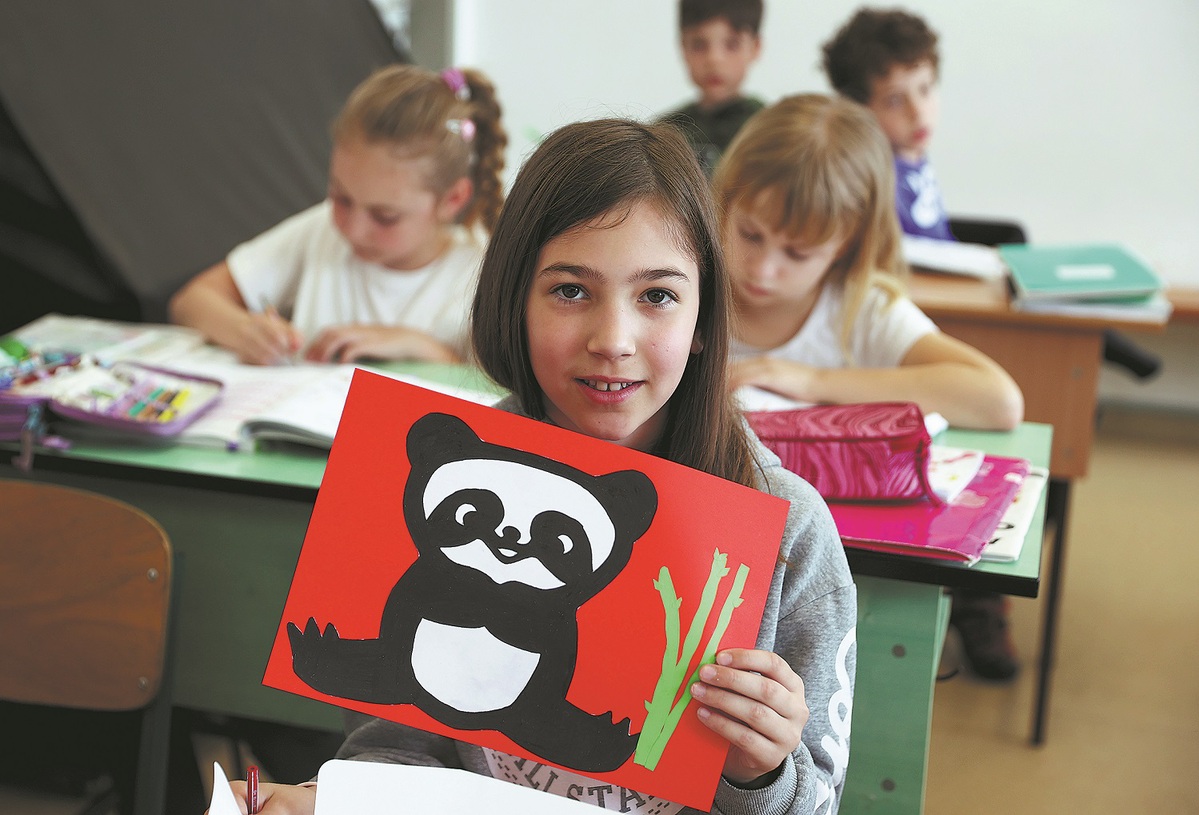Sound, stable ties needed to tackle global challenges
Furthering China-Europe strategic dialogue, win-win cooperation with rise in high-level communications seen as beneficial to prosperity for all


This year marks the 50th anniversary of the establishment of China-EU bilateral relations. Besides economic cooperation, China and Europe have often worked closely on various multilateral issues throughout the history of China-EU relations, such as global climate change governance and World Trade Organization reforms, said Jin Ling, a senior research fellow on European studies at the China Institute of International Studies.
"There is a strategic consensus among China and European countries in support of multilateralism in response to the challenges posed by (US President-elect) Donald Trump's unilateralism," said Jin, adding that strengthening multilateral cooperation has been an element in nearly all joint declarations from China-EU summits for a long time.
However, advancing a global order and fostering multilateral cooperation between China and the EU has been challenged by ideological divides and excessive geopolitical thinking in recent years.
In 2019, the European Commission published an EU-China Strategy Outlook which declared China to be a "partner for cooperation, an economic competitor, and a systemic rival".
In 2023, Ursula von der Leyen, the chief of the commission, launched a "de-risking "policy toward China.
More recently, the EU finalized a decision to place additional tariffs of up to 35.3 percent on Chinese electric vehicle imports.
A recent report by the China Chamber of Commerce to the EU found that 93 percent of surveyed Chinese companies say the EU's economic security stance has affected their operations and dented their confidence.
About 60 percent of the companies say they have felt "strong anti-China sentiment", while 64 percent say they have met unfair treatment due to their identity as a Chinese company, according to the report.
"The EU's current priority should not be asserting rule-setting in areas like trade remedies, investment screening and industrial policies, nor attempting to impose these through instruments such as duties, fines, lawsuits, or administrative intervention upon China," said Cui Hongjian, director of the Center for the European Union and Regional Development Studies at Beijing Foreign Studies University.
"A world increasingly marked by 'geopolitical competition' and even conflicts between country groups does not serve either side's interests," he wrote for the China Think-tank Network on Europe in November.
Lu Shaye, China's ambassador to France, used the Paris Olympics as a metaphor for competition between China and Europe at a forum in Paris on Dec 17.
"Just as athletes compete to surpass their limits, nations inspire each other through mutual pursuit and progress," Lu said.
"China's success does not mean Europe's failure, and vice versa. Economic issues should be resolved through economic logic, as overly politicizing them could backfire."
Cai Run, head of the Chinese Mission to the European Union, stressed that China and Europe are "partners", not "rivals", in a commentary for Euronews on Dec 20.
"China and the EU, as two major forces driving multipolarity, two large markets supporting globalization, and two great civilizations advocating diversity, have no fundamental conflicts of interest," Cai wrote.
"The essence of China-EU practical cooperation in trade and other areas is complementary advantages and mutual benefit."
Xinhua contributed to this story.


















